In his early years as a writer, and sporadically later on, as well, he wrote crime fiction. And while I had known of DeMaris as both a fellow New Englander and an important journalist, I was delighted to find he'd published a number of these crime novels through Gold Medal, probably my favorite publishing company of all time.
Well, let's say that enthusiasm faded quickly. In fact, I was disappointed in THE EXTORTIONERS.
Now, the plot is entirely realistic and well-constructed as far as that aspect goes, but it also moves at the speed of real-life - that is to say, very slowly, over the course of months and months of little to nothing happening. There's virtually none of the action or sensationalistic elements you'd expect of a crime novel--especially a Gold Medal--until the last couple dozen pages. Most of the crime consists of harassing telephone calls between the hours of 2 and 4am ("No matter what he said, there was nothing but the heavy breathing on the line and, eventually, the single whispered word: 'welsher.'") culminating in, eventually, violence when the victim finally goes to the police.
Beyond the disappointingly, almost painfully slow, plot though, there's also a disturbing degree of misogyny in the novel. Even considering the time period it was published, it's over the top. The nominal main character, early on, describes his daughter's anatomy in near-pornographic detail and then finishes with - "she was no longer his daughter, she was a woman, and a strange one [blogger's note: as in a stranger] at that." He describes women as "simple animals, driven only by lust in their evolutionary imperative to breed" and all the women in it are either oversexed and brainless or shrill and antagonistic. Demaris seems to have had some rather large issues on that topic.
There's also a slim, but noticeable trace of racism, which I found odd considering Demaris's left-leaning non-fiction work. For example, a man, early on, is described as being "handsome in a dark-complected way - the way that only appeals to women's baser, animalistic instincts" (there's the misogyny again) and later, a lawyer who barely even has a paragraph in the novel, is described as "Tom Kelly, a round, rotund little man of a lawyer, unusually intelligent for an Irishman."
All told, it's a strange novel. Story-wise, not a bad one, per se, though slower than I'd like, but it's definitely not one I could recommend based on everything else. I am curious as to some of DeMaris's later fiction, but I won't be rushing out to find any.
2 stars out of 5.
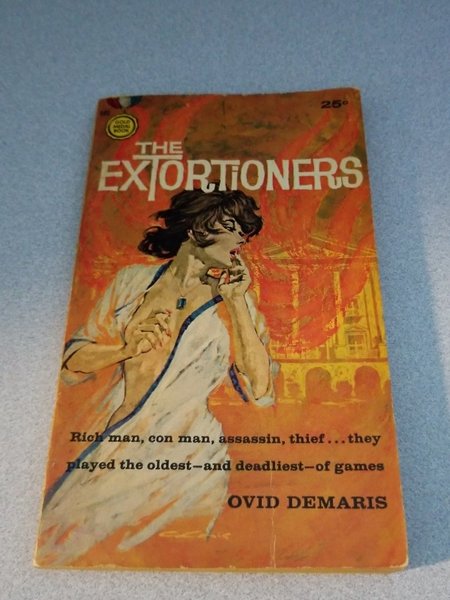
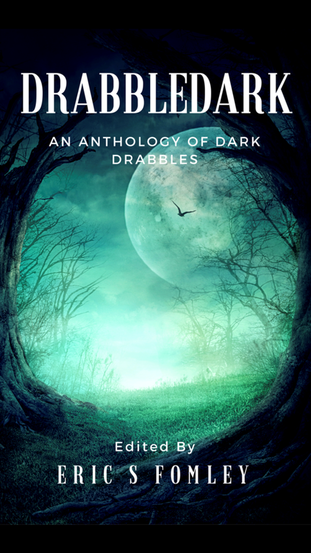
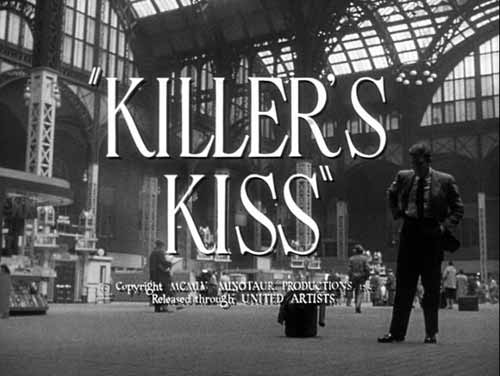
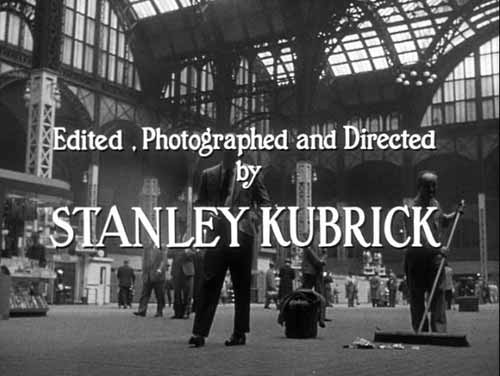

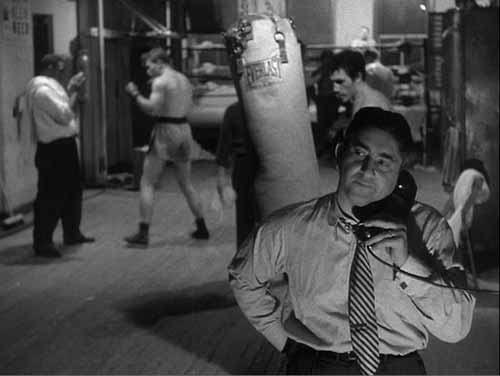
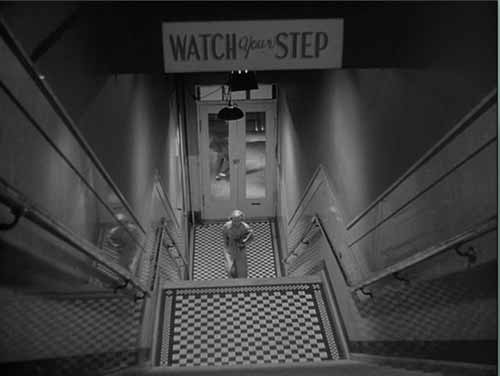
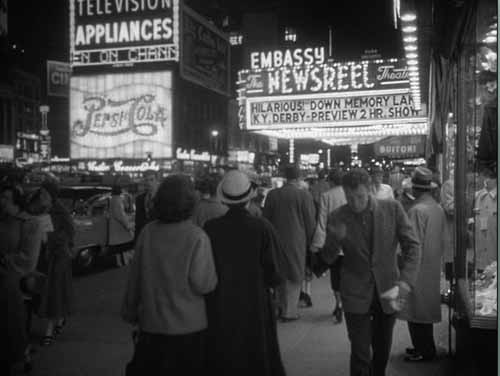
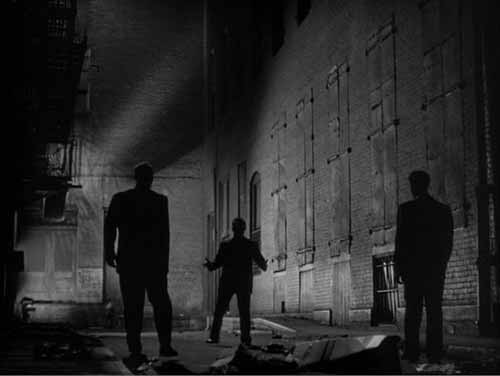

 RSS Feed
RSS Feed